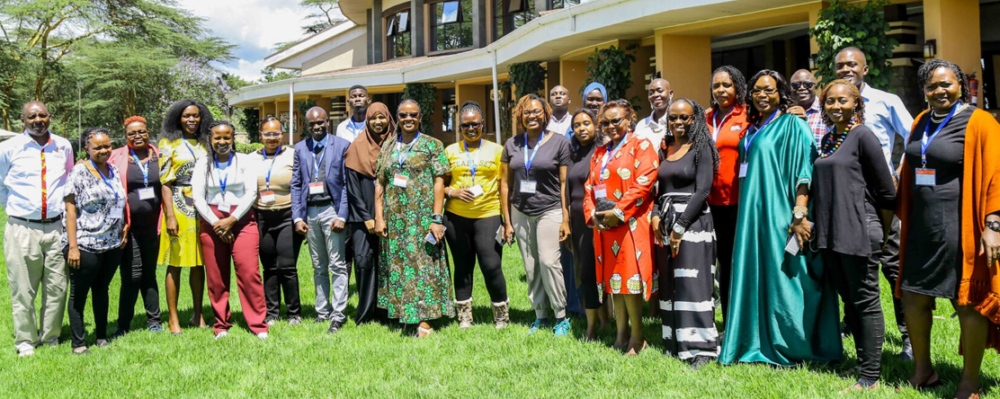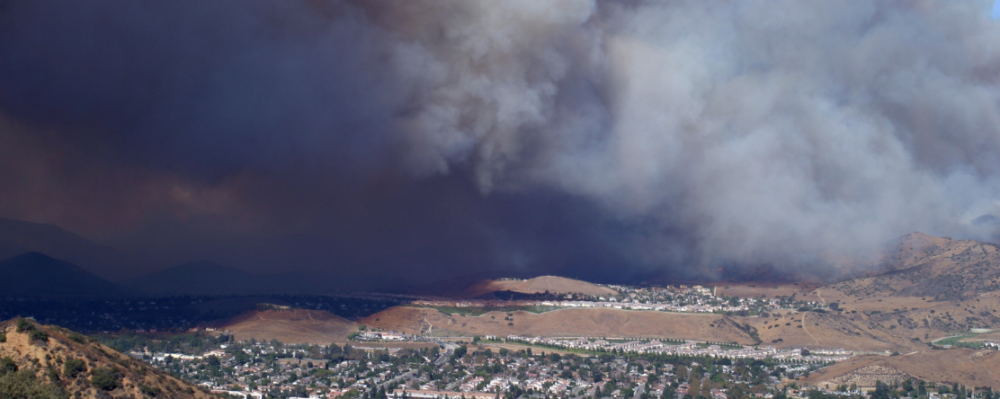
In the News
Roots of Change: Advocating for a Better Food System in California
-
Focus Areas
Healthy Communities -
Expertise
Public Policy Advocacy -
Programs
Roots of Change
Roots of Change is a collaborative network operating across California. The organization’s mission is to connect all strands of the food movement together to advocate for a transformation of the food system in the United States. Roots of Change is using research, communications and education to create a network that bridge together local and regional advocates to create change in government and business.
Food Tank had the opportunity to speak with Michael Dimock, President of Roots of Change.
Food Tank (FT): How do you contribute to creating a better food system?
Michael Dimock (MD): We are a think and do tank creating road maps to victory for the food movement. We do this by developing, funding and coordinating large-scale collaborative projects designed to create structural changes. We are currently focused on policy change to reorient the rules and regulations that guide the evolution of the food and farming system.
FT: What is a project, program, or result you are most proud of?
MD: We act as the backbone organization (providing staff, funds, and strategic advice) for the California Food Policy Council (CAFPC), the largest statewide food policy council in the nation and the first to be formed from the grass roots up (meaning not tied to a government agency or governor that has control over the policy priorities of the entity).
We cultivated the ground to form the organization from 2007-2011 and it has operated since 2012. It has produced two reports on “California Legislation Related to Food and Farming” that reveal the votes of all the state’s legislators and the response of the Governor on key bills seen by the food movement as emblematic or critical to the food system as we’d like to see it. The report also provides a critique to motivate policymakers to focus more intensively on sustainable food system policies.
The third report is being developed now and will be released in November. Our work has made headlines in all the major newspapers and many of the new media outlets covering the food movement.
We have informed our legislators that the food movement is a constituency to take seriously and the results are evident in their response. We have now sponsored four bills, two of which may even pass this year.
In addition, the CAFPC provides an excellent platform for its 26 member regions (from San Diego County in the south to Del Norte county in the north), representing nearly 80 percent of the state eligible voters, to share best practices. Consequently, some very good locally-innovated, healthy and sustainable food and farming policies or programs are being spread from one county to another. These include land use, procurement, food system assessment and implementation plans.
Originally published by Food Tank
More Updates
Work With Us
You change the world. We do the rest. Explore fiscal sponsorship at PHI.
Support Us
Together, we can accelerate our response to public health’s most critical issues.
Find Employment
Begin your career at the Public Health Institute.



